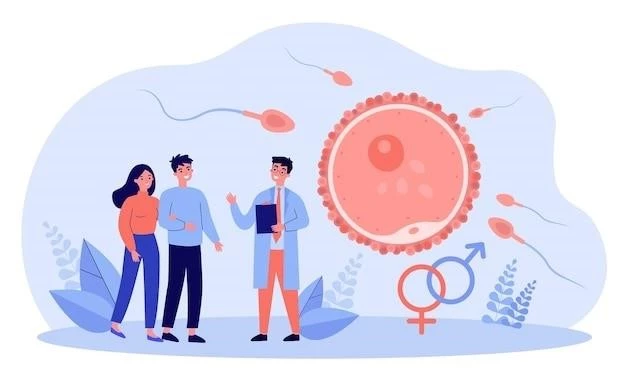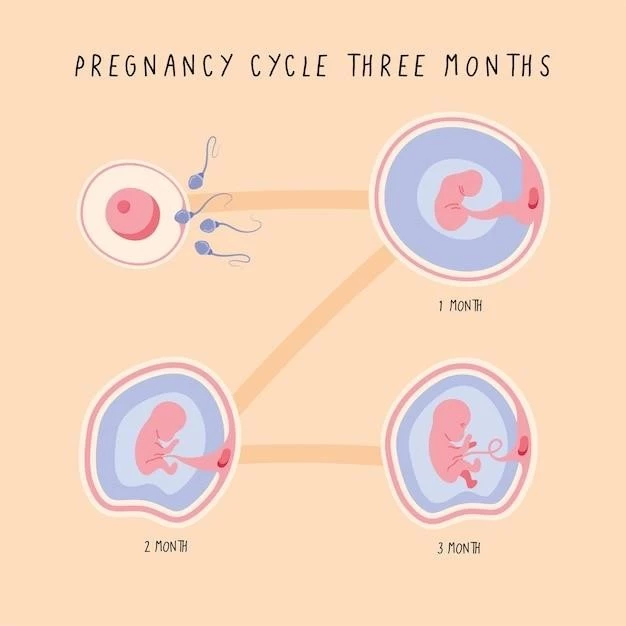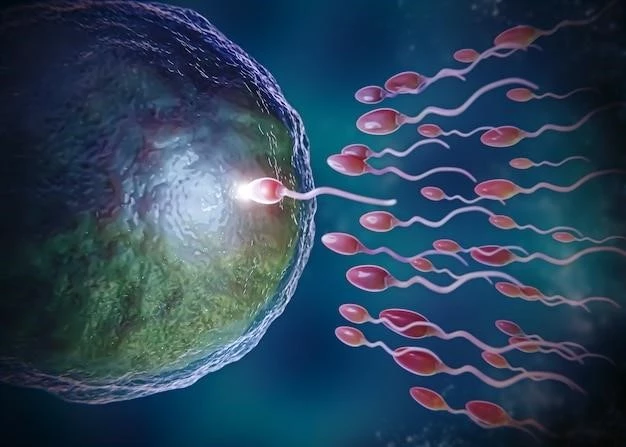Introduction
The human Y chromosome harbors genes responsible for testis development and spermatogenesis. Self-recombination makes Yq prone to deletions, impacting male fertility.
Overview of Y Chromosome Deletions
The human Y chromosome contains vital genetic material responsible for testis development and spermatogenesis, making it crucial for male fertility. Yq, the long arm of the Y chromosome, is susceptible to self-recombination leading to deletions that can impact reproductive health. These deletions are associated with male infertility and are categorized as Y-chromosome microdeletions (YCMs) caused by missing genes. Understanding the mechanism and effects of Y chromosome deletions is essential in the context of genetic disorders and reproductive health.

Genetic Counseling and Inheritance
Proper genetic counseling is essential for understanding the inheritance pattern of Y chromosome deletions that impact male fertility. Inheritance is Y-linked, and deletions often occur de novo.
Y Chromosome Infertility
Deletions of genetic material on the Y chromosome can lead to a condition known as Y chromosome infertility, impacting male reproductive health. These deletions affect sperm production and can result in male infertility due to missing genes on the Y chromosome. Understanding the link between Y chromosome deletions and infertility is crucial for genetic counseling and reproductive health management.
Y Chromosome Microdeletions
Y chromosome microdeletions, known as YCMDs, are genetic disorders characterized by missing genes on the Y chromosome. These deletions can impact male fertility.
Mechanism and Categorization
Y chromosome microdeletions (YCMDs) are genetic disorders resulting from missing genes on the Y chromosome. This category of deletions, such as those within AZF regions, is associated with spermatogenic failure and male infertility. The mechanism behind the formation of YCMDs involves recombination events within specific regions of the Y chromosome, leading to the loss of crucial genetic material essential for normal spermatogenesis. Understanding the molecular basis and categorization of YCMDs is paramount in diagnosing and managing male infertility.
Clinical Importance
Y chromosome microdeletions are crucial in understanding severe male infertility. The location of the deletion can impact treatment success in affected individuals.
Association with Male Infertility
Deletions on the Y chromosome are closely linked to male infertility due to their impact on sperm production. The absence of specific genes in the Y chromosome can lead to severe reproductive issues, highlighting the importance of identifying and understanding these deletions in the context of male fertility.
Laboratory Guidelines
Ensuring accurate detection of Y chromosome deletions requires adherence to strict laboratory protocols and quality control measures. Proper revision is essential in maintaining diagnostic accuracy.
Revision and Quality Control
Ensuring accurate detection of Y chromosome deletions entails rigorous revision processes and quality control measures in genetic testing laboratories. Continuous assessment and adherence to standardized protocols are essential for achieving reliable and reproducible results, ultimately enhancing the precision of diagnostic techniques related to Y chromosome deletions in male infertility.
Diagnostic Techniques
Advanced diagnostic techniques are crucial for accurately identifying Y chromosome deletions that can impact male fertility. These tests are pivotal in understanding the genetic basis of male infertility.
Testing for Y Chromosome Deletions
Accurate testing for Y chromosome deletions is crucial for diagnosing male infertility. Techniques such as Y chromosome microdeletion tests help identify missing genes linked to severe reproductive issues, providing insights into the genetic causes of male infertility.
Evolutionary Perspective
The degeneration of the Y chromosome over human evolution poses intriguing questions on the future of male reproduction and the potential emergence of new genetic adaptations.
Changes in the Y Chromosome
Over the course of human evolution, significant changes have occurred in the Y chromosome. The degeneration of the Y chromosome has raised concerns about the future of male reproduction and the possibility of new genetic adaptations arising. The loss of genetic material and the degeneration of the Y chromosome have evolutionary implications that continue to intrigue researchers.

Research Findings
Recent research highlights the impact of Y chromosome deletions on male infertility, shedding light on potential genetic adaptations and evolutionary perspectives in human reproduction.
Impact on Human Evolution
The degeneration of the Y chromosome over human evolution raises questions about male reproduction and potential genetic adaptations. The loss of genetic material has evolutionary implications that researchers continue to explore, including the emergence of new sex-determining genes and the risk factors associated with such genetic changes.
